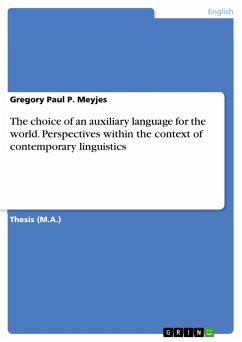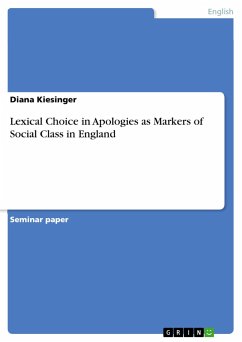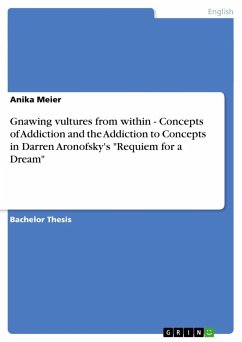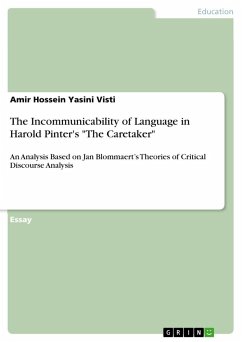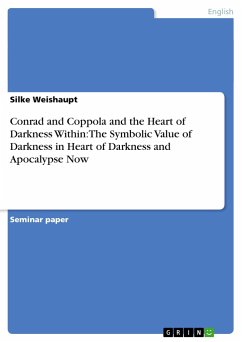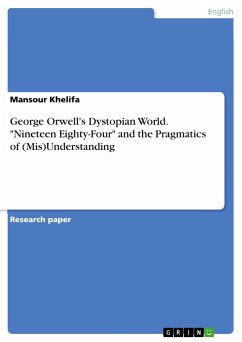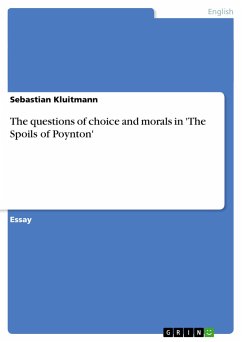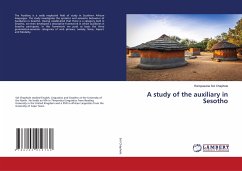Thesis (M.A.) from the year 1984 in the subject English Language and Literature Studies - Linguistics, Lancaster University (Departement of Linguistics and Modern English Language), language: English, abstract: This work explores criteria for the selection of a Universal Auxiliary Language (UAL) through the lens of late-20th century Linguistics. The text is based on several innovative premises. First, whereas academic linguists almost exclusively focus on natural languages and UAL proponents generally consider only artificial ones (along with a few modified natural languages), this work is based on the premise that a global auxiliary could be either natural or constructed in nature. Secondly, the work embraces the idea of comparing the linguistic features of potential UALs -- which also applies to the highly competitive field of UALs ("Interlinguistics") but not to post-19th-century General Linguistics, where natural-language comparisons have been shunned on the grounds of the presumed equality of natural languages (and to avoid ethno-linguistic supremacism.) In reviewing, then, what if anything Linguistics could contribute to UAL selection, the text covers: [a] a broad definition of UAL, [b] a typology of UAL contenders, [c] a review of social and political linguistic criteria for UAL selection, [d] investigation into the notions of UAL "simplicity" and "learnability" against the backdrop of the innateness hypothesis in Linguistics, [e] the relevance of grammatical features of creolization, and lastly [f] a contrastive review of potential UAL scripts. A key distinction is made between [1] simplicity defined cognitively as maximum regularity and fewness of rules, as generally proposed by unilinguists for the benefit adult learners of proposed UALs, and [2] simplicity defined neurolinguistically as closeness to the morpho-syntactic dictates of the posited innateness that is central to much of Linguistics in the second half of the 20th century. Potential UAL innateness is considered in light of grammatical similarities between creoles (as proposed by Bickerton). Contrary to the comparative cognitive and technological properties of world's main scripts and graphemic principles, empirical scrutiny of the socio- or psychological functions of to-be-compared grammars remains largely uncharted territory. Consequently, the question as to what Theoretical Linguistics -- or the more broadly defined Integrational Linguistics -- can contribute to UAL selection requires much further research. This text represents a point of departure for the "what" and "why" of evidence-based UAL selection from the perspective of late 20th-century Linguistic Science.
Hinweis: Dieser Artikel kann nur an eine deutsche Lieferadresse ausgeliefert werden.
Hinweis: Dieser Artikel kann nur an eine deutsche Lieferadresse ausgeliefert werden.

